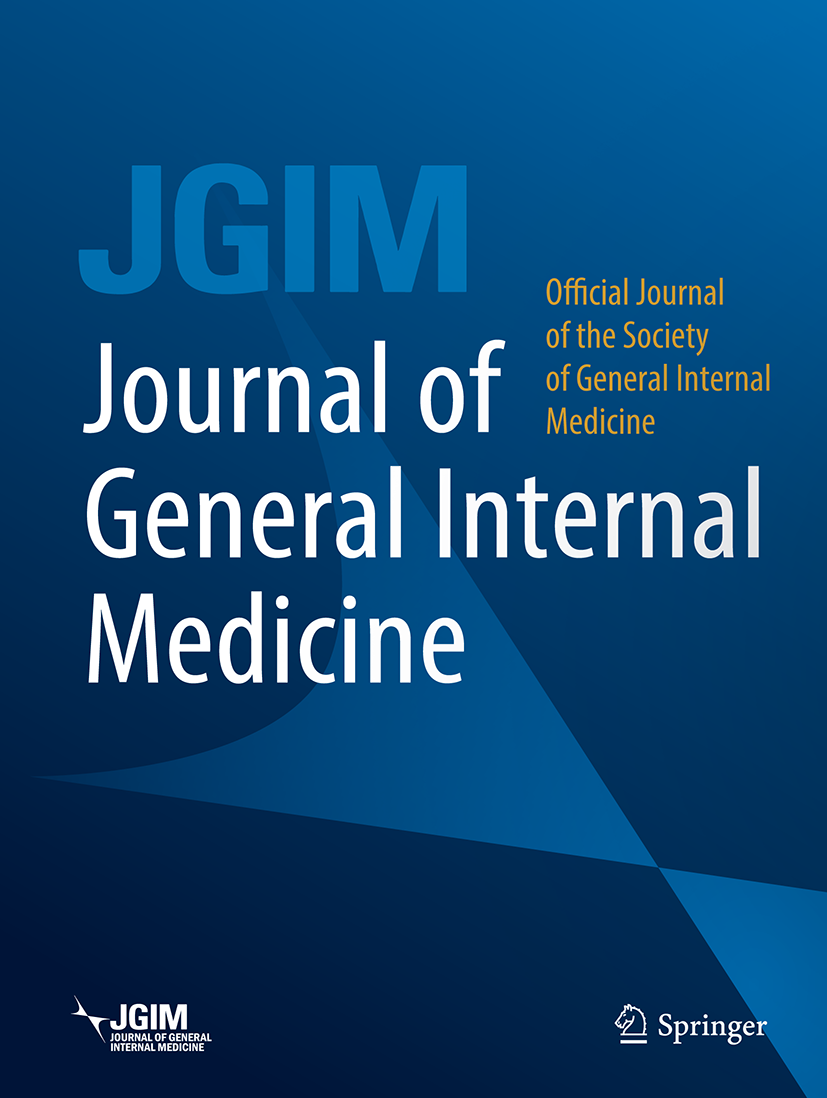Now published, see post #9
---------
919 – Putting the PASC Score to the Test: Clinical vs Statistical Accuracy in Long COVID
Alba M. Azola, Leah H. Rubin, Rebecca E. Easter, Rebecca Veenhuis, Hannah Parker, Christina Della Penna, Holly Schultz, Isabel Santiuste
[Line breaks added]
Background
Long COVID (LC) is a mass disabling event affecting millions worldwide. Given the broad definitions and lack of biomarkers, there is an urgent need for diagnostic tools to identify those affected.
Here we aimed to validate the RECOVER Post-Acute Sequelae of SARS-CoV-2 Infection (PASC) Score in a cohort of SARS-CoV-2 infected patients with LC and fully recovered individuals while iteratively improving the tool’s sensitivity and specificity.
Methods
Participants included 100 LC patients from LC clinics in Baltimore, MD between August 2023 and July 2024 who met the National Academy of Medicine(NAM) 2024 LC definition, and 18 SARS-CoV-2 infected but fully recovered individuals.
LC participants were required to have least one neuropsychiatric symptom (e.g., brain fog). Exclusion criteria included history of psychosis, recent substance misuse(nicotine, cannabis excluded), and lack of English proficiency.
Participants completed comprehensive surveys and questionnaires assessing symptoms based on the methods of the PASC score publication.
Using the NAM 2024 LC definition as the ‘true’ condition, we compared evaluation metrics for the REVOVER PASC score cutoff(PASC Total >12) as well as comparing the presence of individual, pairs, and triplets of symptoms. Evaluation metrics(e.g., sensitivity, specificity, F1) were calculated based on these classifications for the overall PASC score and symptom combinations.
Results
The LC cohort(n=100) had a mean age of 47.7 years, was predominantly female(73%), White(78%), and well-educated(76% >16 years). Controls(n=18) had similar demographic characteristics.
LC diagnosis and PASC scores were significantly associated(χ2=44.72, P<0.001). The PASC score showed excellent specificity(100%) and positive predictive value(PPV; 100%) albeit limited sensitivity(80%), missing approximately 20% of the patients with LC. The negative predictive value(NPV) was 47.37%, indicating that only 47% of those who tested negatively via PASC score did not have LC.
When examining whether combinations of symptoms performed better than the total PASC score cutoff, we found that the presence of loss of smell/taste, post-exertional malaise, or brain fog demonstrated 93% sensitivity, 100% specificity, and PPV, 72% NPV, and an F1 score of 0.964.
Conclusions
Validation of the RECOVER PASC supports its utility and highlights the need for ongoing refinement of the LC definition. We call for national efforts to create and validate a readily implementable clinical tool for LC diagnosis.
Link (Conference on Retroviruses and Opportunistic Infections) [Abstract Only]
---------
919 – Putting the PASC Score to the Test: Clinical vs Statistical Accuracy in Long COVID
Alba M. Azola, Leah H. Rubin, Rebecca E. Easter, Rebecca Veenhuis, Hannah Parker, Christina Della Penna, Holly Schultz, Isabel Santiuste
[Line breaks added]
Background
Long COVID (LC) is a mass disabling event affecting millions worldwide. Given the broad definitions and lack of biomarkers, there is an urgent need for diagnostic tools to identify those affected.
Here we aimed to validate the RECOVER Post-Acute Sequelae of SARS-CoV-2 Infection (PASC) Score in a cohort of SARS-CoV-2 infected patients with LC and fully recovered individuals while iteratively improving the tool’s sensitivity and specificity.
Methods
Participants included 100 LC patients from LC clinics in Baltimore, MD between August 2023 and July 2024 who met the National Academy of Medicine(NAM) 2024 LC definition, and 18 SARS-CoV-2 infected but fully recovered individuals.
LC participants were required to have least one neuropsychiatric symptom (e.g., brain fog). Exclusion criteria included history of psychosis, recent substance misuse(nicotine, cannabis excluded), and lack of English proficiency.
Participants completed comprehensive surveys and questionnaires assessing symptoms based on the methods of the PASC score publication.
Using the NAM 2024 LC definition as the ‘true’ condition, we compared evaluation metrics for the REVOVER PASC score cutoff(PASC Total >12) as well as comparing the presence of individual, pairs, and triplets of symptoms. Evaluation metrics(e.g., sensitivity, specificity, F1) were calculated based on these classifications for the overall PASC score and symptom combinations.
Results
The LC cohort(n=100) had a mean age of 47.7 years, was predominantly female(73%), White(78%), and well-educated(76% >16 years). Controls(n=18) had similar demographic characteristics.
LC diagnosis and PASC scores were significantly associated(χ2=44.72, P<0.001). The PASC score showed excellent specificity(100%) and positive predictive value(PPV; 100%) albeit limited sensitivity(80%), missing approximately 20% of the patients with LC. The negative predictive value(NPV) was 47.37%, indicating that only 47% of those who tested negatively via PASC score did not have LC.
When examining whether combinations of symptoms performed better than the total PASC score cutoff, we found that the presence of loss of smell/taste, post-exertional malaise, or brain fog demonstrated 93% sensitivity, 100% specificity, and PPV, 72% NPV, and an F1 score of 0.964.
Conclusions
Validation of the RECOVER PASC supports its utility and highlights the need for ongoing refinement of the LC definition. We call for national efforts to create and validate a readily implementable clinical tool for LC diagnosis.
Link (Conference on Retroviruses and Opportunistic Infections) [Abstract Only]
Last edited:


